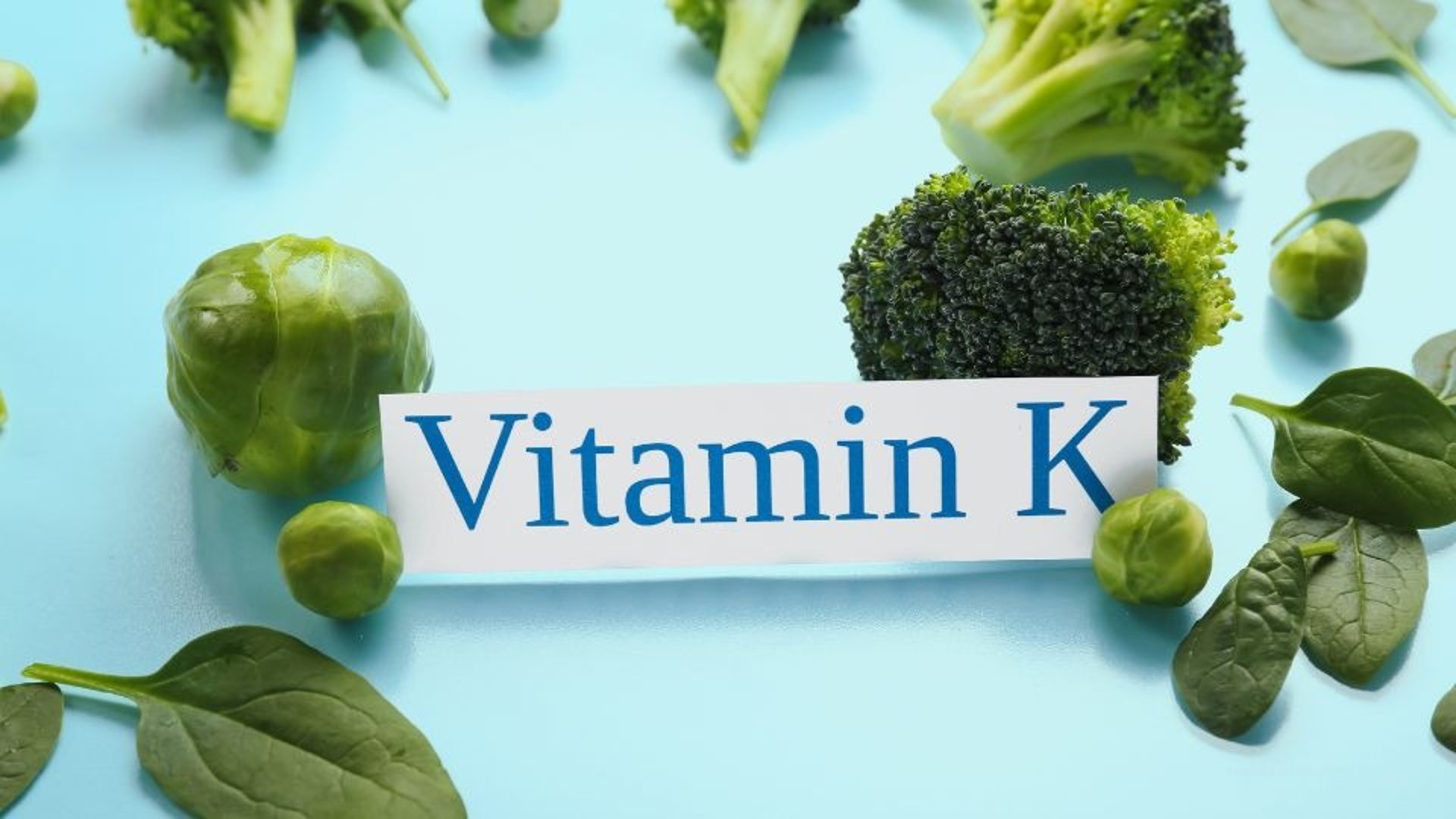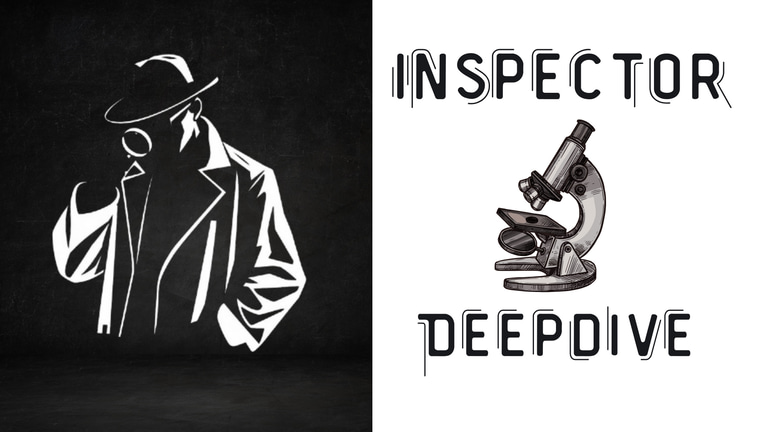
Vitamin K1 (Phylloquinone): What It Is and What It Does

Vitamin K1 is a fat-soluble vitamin mainly found in leafy green vegetables. It plays a vital role in blood clotting by activating proteins that help stop bleeding and supports overall health, including some bone and heart benefits.
Great Food Sources of Vitamin K1
Leafy Greens: Kale, spinach, broccoli rich in Vitamin K1 and easy to include in meals.
Vegetables: Cabbage and asparagus provide moderate amounts.
Other: Parsley and green beans add small but valuable contributions.
Key Functions and Health Benefits
Blood Clotting: Essential for producing clotting factors to prevent excessive bleeding.
Bone Health: Supports calcium binding to bones, helping maintain strength.
Heart Health: Works with Vitamin K2 to reduce calcium buildup in arteries.
How Vitamin K1 Works in the Body
Absorbed in the small intestine with dietary fats, Vitamin K1 is stored in the liver and fat tissue. Its absorption can be affected by low-fat diets or gut issues, so pairing with healthy fats improves uptake.
Signs of Adequate Intake and Deficiency
Adequate: Healthy clotting, minimal bruising, and strong bones.
Deficiency: Excessive bleeding, slow wound healing, and weakened bones.
Supplement Information
Supplements can help correct deficiencies, especially in people with absorption problems. Choose natural forms labeled "Vitamin K1" or "phylloquinone" and take with meals containing fat for best absorption.
Recommended Dosage
Adults: 90 mcg/day for women, 120 mcg/day for men.
Pregnant or breastfeeding women: Same as adults.
No established upper limit, but avoid excessive intake, especially if on blood thinners.
Important Considerations
Interactions: Blood thinners, antibiotics, and cholesterol drugs can affect Vitamin K1 levels.
Lifestyle: Smoking, gut health, and low-fat diets may reduce absorption.
Cooking: Vitamin K1 is heat-stable but prolonged high heat can reduce content.
Common Myths
Not all Vitamin K forms are the same K1 mainly supports clotting, while K2 focuses on bones and heart.
Everyone needs Vitamin K1, not just those on blood thinners.
Fun Fact
The "K" in Vitamin K comes from the German word "Koagulation," reflecting its role in blood clotting discovered in 1929.
Key Takeaway
Vitamin K1 is essential for blood clotting and supports bone and heart health. Eating a variety of leafy greens and vegetables is the best way to maintain healthy levels. Supplements may be necessary for some, but always consult a healthcare provider before starting them.
Vitamin K1 (Phylloquinone): What It Is and What It Does
© 2025 food.InspectorDeepDive.com. All rights reserved. Content may not be copied or republished without permission.
This article is for informational purposes only. InspectorDeepDive.com does not provide medical advice. Always consult a licensed healthcare provider before making dietary or health decisions.
